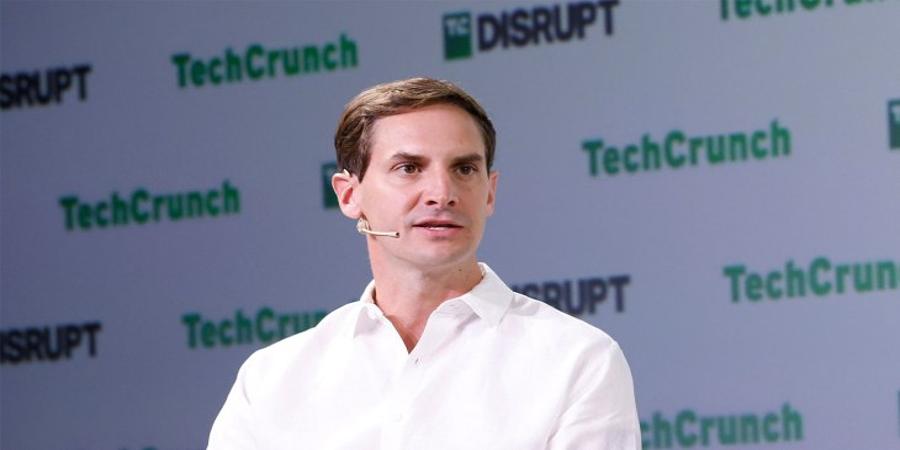If you’re looking at the current seed funding climate and thinking it’s rough out there, you’re not alone. The last few years have been a roller coaster for startups. First came the uncertainty in the early days of the pandemic, then came the exuberance mid to late in the pandemic when cash flowed freely to startups of nearly every stripe. Seed funding sizes were up, and so were valuations.
Today, things aren’t quite so copacetic. Money is tighter, and the hurdles for startups are higher. But for entrepreneurs early in their journey, that doesn’t mean it’s not a good time to raise a seed round.
“I’ve been really excited by the types of entrepreneurs that we’ve been meeting in the seed stage ecosystem right now,” Talia Goldberg, partner at Bessemer Venture Partners, told TechCrunch+. “In some ways, when the markets are down a bit, the real entrepreneurs come out.”
To understand what’s happening with seed rounds this year, TechCrunch+ spoke with Goldberg and two other seasoned investors: Pae Wu, general partner at SOSV, and Maren Bannon, partner at January Ventures. They offered their perspectives on what milestones they look for when evaluating seed-stage pitches, what sorts of round sizes and valuations they’re seeing, and what advice they’re giving their portfolio companies.
The definition of a seed-stage startup has been evolving over the years as round sizes and valuations creep higher. Investors are also expecting to see a bit more from prospective companies, in terms of market fit and revenue. The pandemic is partly to blame, Bannon told TechCrunch+.
“There was a lot of capital in the COVID era that came in — all these angel funds, operator funds, rolling funds, a lot of that was spreading capital at pre-seed,” she said.
As a result, pre-seed valuations were higher than they are today. But recently those funds have backed off, Bannon added, which has depressed pre-seed valuations. For companies that have raised pre-seeds in the last few years, that can make subsequent fundraising more challenging.
Source @TechCrunch



